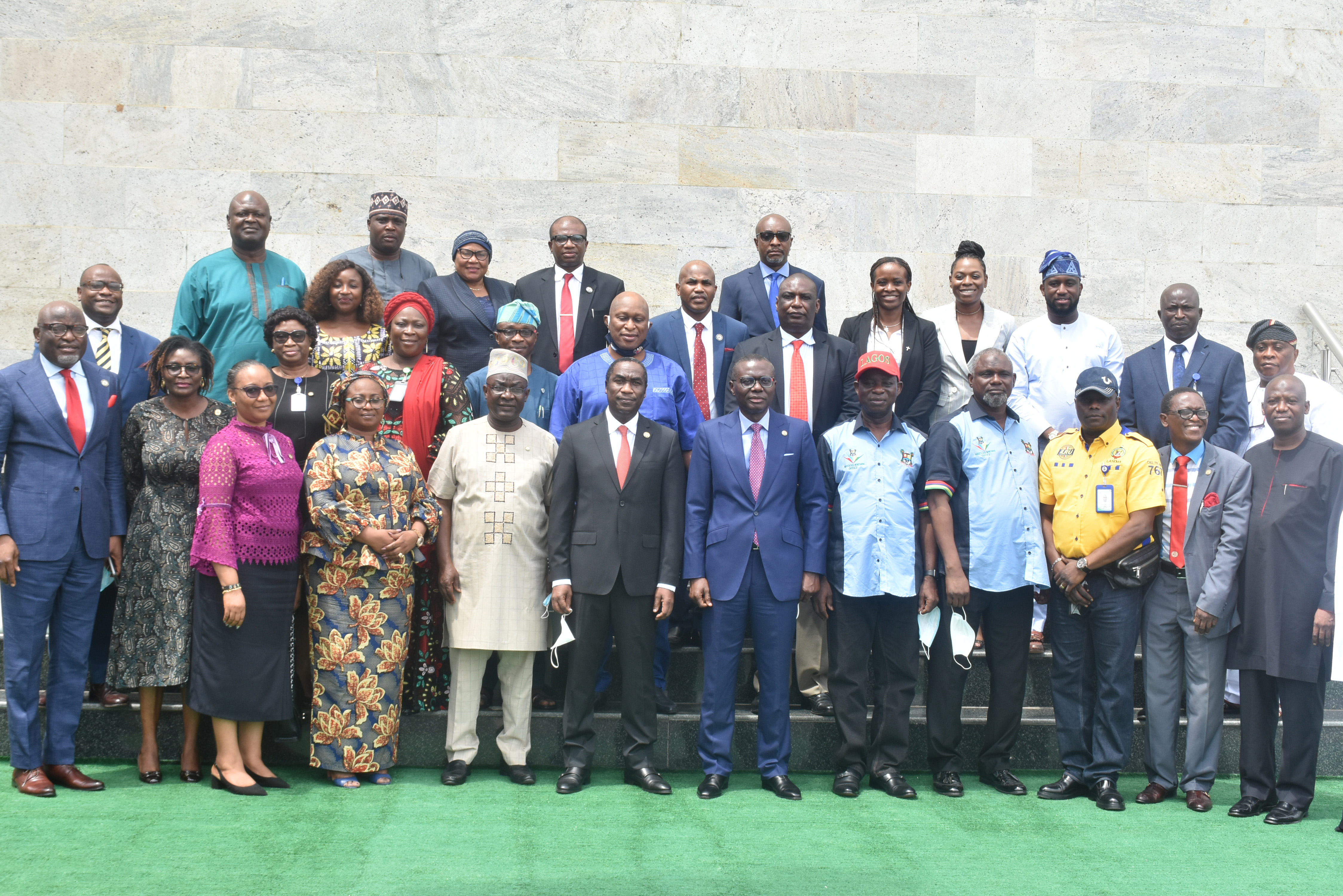Business
Don Tasks FG On Ajaokuta Steel Company

A university lecturer, Prof. Benjamin Adewuyi, of the Department of Metallurgical Engineering, Federal University of Technology Akure has advised the Federal Government to resuscitate Ajaokuta steel company and grow the nation’s economy.
Adewuyi gave the advice in an interview with newsmen on Monday in Abuja.
According to him, Ajaokuta steel is a national asset that adequate attention should be given; to ensure it is revived to contribute to the economy of Nigeria.
He said that no country could record economic growth without a viable metallurgical sector put in place, adding that Nigeria should revive its moribund metal sector.
According to him, the silence on Ajaokuta steel has become worrisome as nothing has been heard about the Russian team expected to arrive Nigeria and take audit of the company.
He said that the conspiracy of silence on the company “is back on course”, adding that the company had always suffered setback.
“The conspiracy of silence of the company is back on course, our economy cannot grow if we don’t have a base for production of steel, we will continue to grow the economy where we buy steel.
“The company is stagnant; we spoke with the Minister of Mines and Steel Development, Mr Olamilekan Adegbite, few weeks ago and he said that the Russia team that will take audit of the company will soon arrive in Nigeria,” he said.
It would be recalled that the accord to revive Ajaokuta steel company was reached during a meeting between President Muhammadu Buhari and President Vladimir Putin in Russia in 2019.
The Russian government had nominated TYAZHPROMEXPORT (TPE), a Russian company, the original builder of Ajaokuta steel to conduct technical audit of the steel company to ascertain the level of work to be completed.
On Delta Steel in Aladja, he said that it would take political will to correct the mistake made on the company at its initial concession to an Indian company.
He said that nothing had changed about Delta steel since the administration of late Umar Ya’adua retrieved Delta steel from the Indian company called Global Infrastructure (Nigeria) Ltd. and later sold to another company by this current administration
“The original concept of the company is not what it is being used for as the company is meant to produce liquid, specialised steel quality that could be used in auto mobile not to roll billets.
“Whatever production that is going on in the company right now is not the original concept designed for it to produced.
“How are we even sure that steel production is even going on there.
“The last time we visited the place as an association, the area was desolate and we were prevented from entering the compound; if it is working everyone will know that it is working.
Business
PENGASSAN Tasks Multinationals On Workers’ Salary Increase

Business
SEC Unveils Digital Regulatory Hub To Boost Oversight Across Financial Markets

Business
NAFDAC Decries Circulation Of Prohibited Food Items In markets …….Orders Vendors’ Immediate Cessation Of Dealings With Products

Importers, market traders, and supermarket operators have therefore, been directed to immediately cease all dealings in these items and to notify their supply chain partners to halt transactions involving prohibited products.
The agency emphasized that failure to comply will attract strict enforcement measures, including seizure and destruction of goods, suspension or revocation of operational licences, and prosecution under relevant laws.
The statement said “The National Agency for Food and Drug Administration and Control (NAFDAC) has raised an alarm over the growing incidence of smuggling, sale, and distribution of regulated food products such as pasta, noodles, sugar, and tomato paste currently found in markets across the country.
“These products are expressly listed on the Federal Government’s Customs Prohibition List and are not permitted for importation”.
NAFDAC also called on other government bodies, including the Nigeria Customs Service, Nigeria Immigration Service(NIS) Standards Organisation of Nigeria (SON), Nigerian Ports Authority (NPA), Nigerian Maritime Administration and Safety Agency (NIMASA), Nigeria Shippers Council, and the Nigeria Agricultural Quarantine Service (NAQS), to collaborate in enforcing the ban on these unsafe products.
-

 Business3 days ago
Business3 days agoCBN Revises Cash Withdrawal Rules January 2026, Ends Special Authorisation
-
Business3 days ago
Shippers Council Vows Commitment To Security At Nigerian Ports
-

 Business3 days ago
Business3 days agoNigeria Risks Talents Exodus In Oil And Gas Sector – PENGASSAN
-

 Business3 days ago
Business3 days agoFIRS Clarifies New Tax Laws, Debunks Levy Misconceptions
-
Sports3 days ago
Obagi Emerges OML 58 Football Cup Champions
-

 Politics3 days ago
Politics3 days agoTinubu Increases Ambassador-nominees to 65, Seeks Senate’s Confirmation
-
Business3 days ago
NCDMB, Others Task Youths On Skills Acquisition, Peace
-

 Sports3 days ago
Sports3 days agoFOOTBALL FANS FIESTA IN PH IS TO PROMOTE PEACE, UNITY – Oputa

